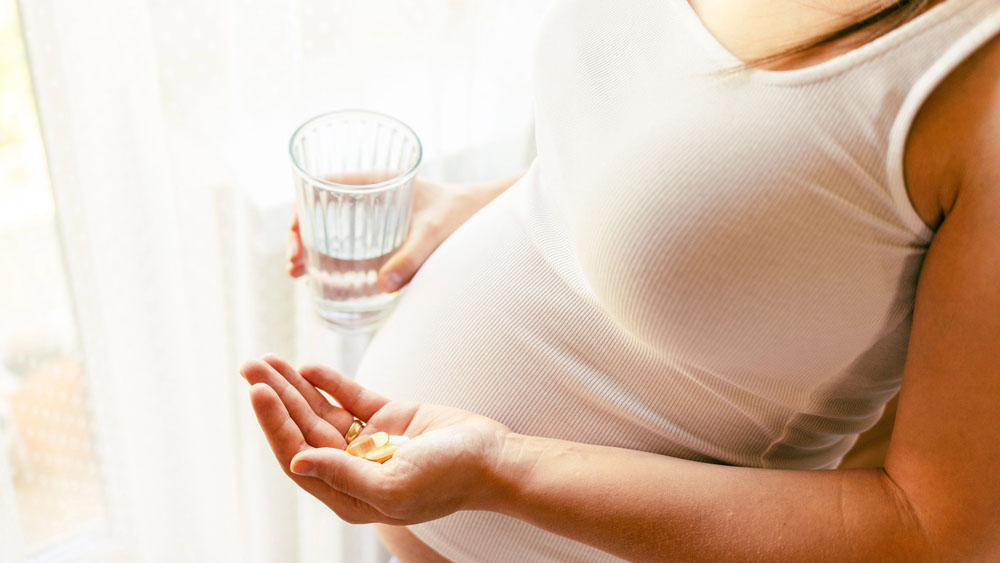In a recent article, researchers argue that guidelines for depression in pregnancy should include nutrition, diet, and micronutrient supplementation. They review the evidence from their recent placebo-controlled trial, NUTRIMUM, and its naturalistic follow-up, which demonstrated that micronutrient supplementation led to better outcomes than antidepressants for both depressed pregnant mothers and their babies.
“Additional micronutrients […] mitigated the negative effects of depression on birth outcomes and improved early indicators of infant competencies, with more favourable birth and infant outcomes compared to antidepressants,” the researchers write.
The researchers were led by Julia Rucklidge at the University of Canterbury, New Zealand. The article was published in The New Zealand Medical Journal. Rucklidge has been interviewed by Mad in America about her work.
While NUTRIMUM has some limitations, of course, it is notable that the recommendation to take antidepressants in pregnancy does not arise from even this level of evidence.
Rucklidge writes, “There are no controlled trials of antidepressants during pregnancy to compare these results to.”
In contrast to the lack of evidence for antidepressant efficacy in pregnancy, there is a large body of research on the harmful impact of psychiatric drugs in pregnancy. In particular, studies have found antidepressant use in pregnancy linked to outcomes like preterm birth, birth defects, developmental problems, cardiopulmonary problems, and even death. And babies experience antidepressant withdrawal after birth, termed “neonatal withdrawal syndrome.” Symptoms include hypoglycemia, tremors, hypotonia, hypertonia, tachycardia, rapid breathing, and respiratory distress. One study found that this syndrome occurred in 30% of babies exposed to antidepressants and 0% of those who were not.
Studies have also shown that the impact of these drugs on the fetus persists, leading to more fearful and depressed adolescents—an effect that was not explained by maternal depression.
Reached for comment via email, Rucklidge wrote to Mad in America, “Even with only one RCT, we now have more evidence than for antidepressants of the benefits of micronutrients in improving depression and staving off post-natal depression, while supporting infants to a better start to life. Why wouldn’t we investigate the potential benefit to future generations by focusing on food and nutrition first?”















